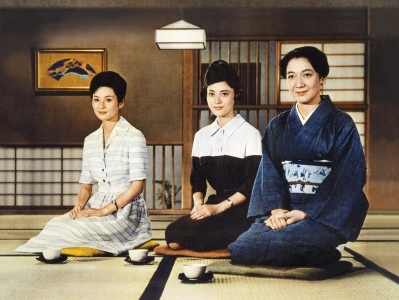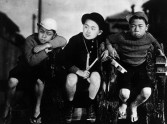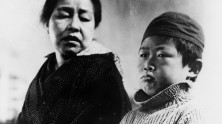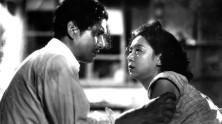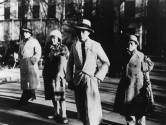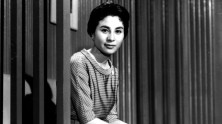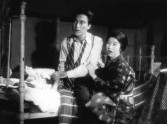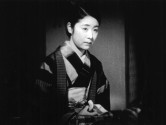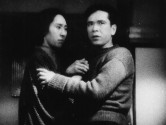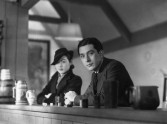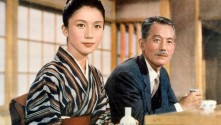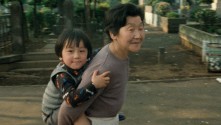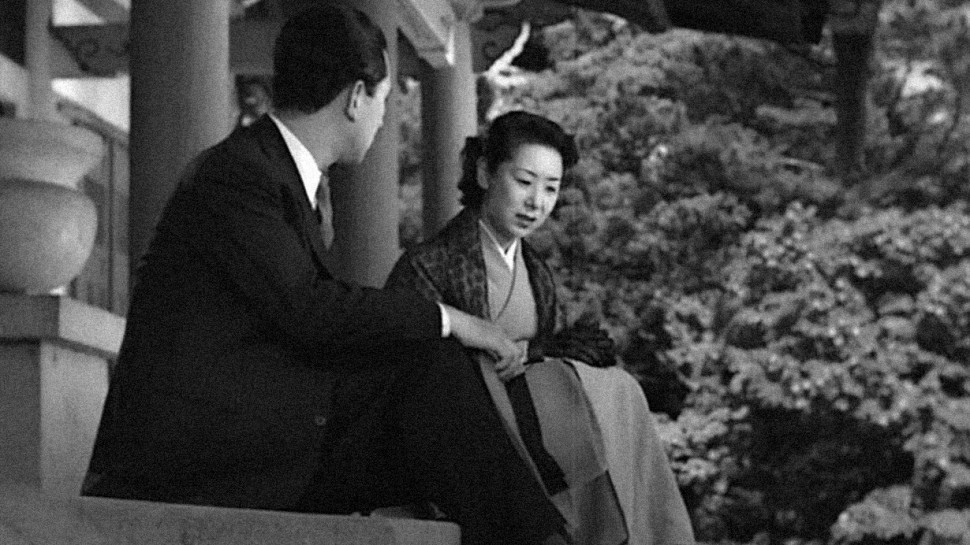
Produced and distributed by Shintoho, the rarely screened The Munekata Sisters tells the tale of two sisters caught in the transitional tensions of the Occupation years. The elder Setsuko (Tanaka Kinuyo) is married to an abusive husband (Yamamura So); the younger and unmarried Mariko (Takamine Hideko) wants Setsuko to get a divorce and turns to Setsuko’s past love Hiroshi (Uehara Ken) for help. Reflective of the source material’s serialized format, there is a slightly repetitious rhythm to the way Ozu compares and contrasts the cigarette-smoking Mariko and the kimono-wearing Setsuko. Ozu did not select the film’s source material or its stars, making the film a noteworthy instance of reduced creative control. But Ozu’s endeavor to break out of this schematic structure produces some of his best dialogue regarding what it means to be modern beyond following trends or discarding traditions. These conversations, which conclude in ambivalence and ambiguity, pave the way for the more complex ideological differences seen in films like Tokyo Twilight and The End of Summer.
Part of film series
Screenings from this program
Late Spring
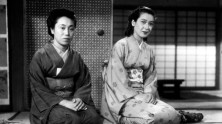
Tokyo Story
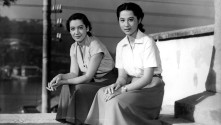
Early Summer
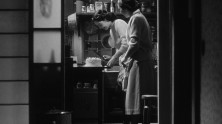
Passing Fancy
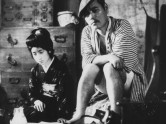
Dragnet Girl
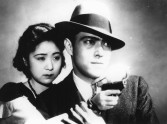
Tokyo Story

A Story of Floating Weeds
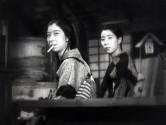
Days of Youth

The Flavor of Green Tea over Rice
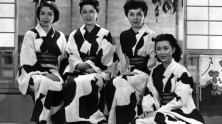
Early Spring
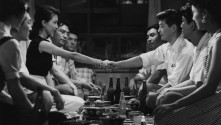
The Munekata Sisters
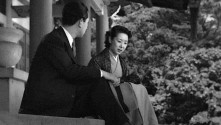
Floating Weeds
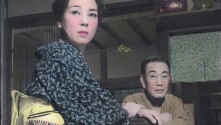
Good Morning
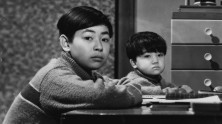
Late Autumn
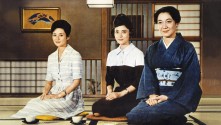
Tokyo Twilight
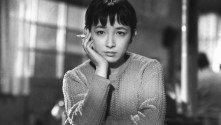
The Brothers and Sisters of the Toda Family
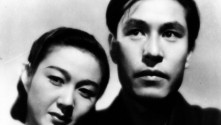
I Flunked, But …
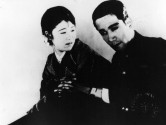
Late Autumn

Where Now Are the Dreams of Youth?
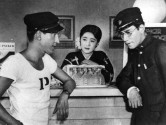
The End of Summer
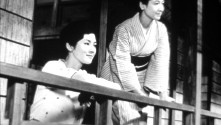
Early Spring

Café Lumière

Tokyo Story

